
Common factors that contributed to increased dissatisfaction at work included workflow disruptions, role conflict, quantity of work, organizational culture, and leadership support.

Common factors that contributed to increased dissatisfaction at work included workflow disruptions, role conflict, quantity of work, organizational culture, and leadership support.

In the United States, endometrial cancer is the most common cancer of female reproductive organs.

The study examining venetoclax and obinutuzumab is in progress and currently recruiting patients who are newly diagnosed with asymptomatic, high-risk CLL.

Dealing with a cancer diagnosis is difficult, but patients with MM have reason to be hopeful. Survival rates are on the rise, and a robust pipeline of promising immunotherapies and novel treatment options are in development.
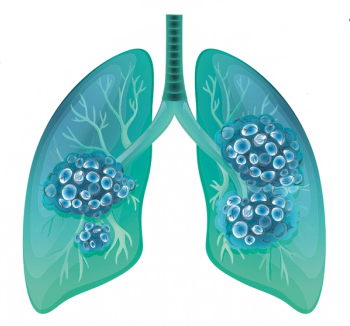
Pharmacists have always been a vital member of the cancer care team, but the emergence of many new oral therapies is making their role in patient care a more prominent one.
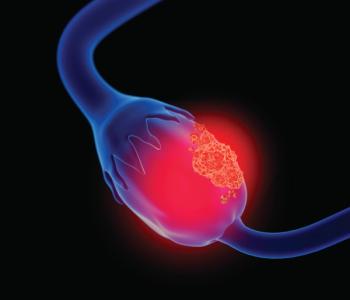
Study results demonstrated consistent benefit across higher and lower-risk patients.

Vast opportunities are opening every day for pharmacists, especially with the upcoming complex biological products that need a lot of therapeutic drug monitoring and fine adjustment of doses.
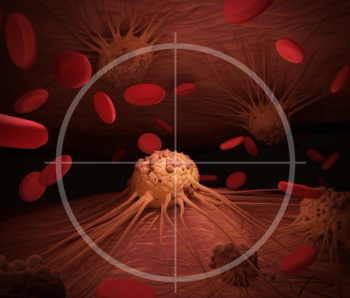
In PD-L1-positive patients, tislelizumab improved median overall survival by 3.5 months with a 46% decrease in the risk of death compared with chemotherapy.

This is the first approval for secukinumab in a pediatric population in the United States for severe plaque psoriasis.

Understanding how formularies work is essential in the world of pharmacy and knowledge on this topic can help pharmacists to better serve patients.

Lung cancer, the most common cancer type with the highest mortality, can largely be categorized by the genetic mutations that cause it.

Adverse effects from intravenous immunoglobulin tend to be mild, but moderate and severe adverse effects have been observed.

The legislation would require that patients with cancer have access to oral oncology drugs within 72 hours of having the prescription submitted to the patient’s pharmacy benefits manager.

Physical changes to DNA may contribute to greater inflammation and fatigue for these individuals.

In a trial of amivantamab-vmjw, investigators found an overall response rate of 40% among patients with non-small cell lung cancer whose tumors have epidermal growth factor receptor exon 20 insertion mutations.
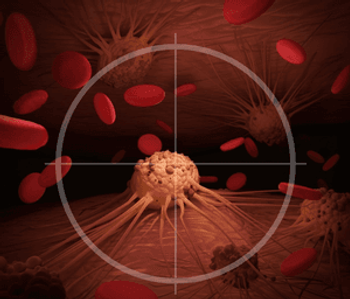
The investigators found that using the vaccine in combination with an immune checkpoint inhibitor—an established immunotherapy drug with a 20% success rate overall for patients—can vastly improve the proportion of individuals who respond to treatments, eliminating tumors in 75% of cases in mice.

Topline results from the phase 2/3 XIRIUS study of cotoretigene toliparvovec (BIIB112), a gene therapy being investigated as a one-time therapy for patients with X-linked retinitis pigmentosa (XLRP), found that the study did not meet its primary endpoint of demonstrating a statistically significant improvement in the proportion of treated study eyes.

The trial found positive results in both the overall study population of patients with advanced cervical cancer as well as subgroups with squamous cell carcinoma and adenocarcinoma.

The durvalumab plus chemotherapy arm demonstrated a statistically significant improvement in PFS versus chemotherapy in the previous analysis, but the OS trend observed in this analysis did not achieve statistical significance.

As breast cancer becomes an increasingly treatable disease, clinicians should provide personalized follow-up care to address varying burdens of symptoms up to 5 years after diagnosis.

The KEYNOTE-522 trial met its dual primary endpoints of pathologic complete response and event-free survival, showing a statistically significant and clinically meaningful improvement in EFS compared to neoadjuvant chemotherapy alone.

The research is a follow-up to a previous study published in March in which the researchers reported that only 17% of participating transplant recipients produced sufficient antibodies after just 1 dose of a 2-dose COVID-19 vaccine regimen.

In June 2020, the FDA granted a fast track designation to fruquintinib for patients with mCRC previously treated with other therapies.

In an interview with Pharmacy Times®, Melissa Santibañez, PharmD, BCCCP, assistant professor at Nova Southeastern University College of Pharmacy, Fort Lauderdale, Florida; and critical care clinical pharmacist at Memorial Regional Hospital, Hollywood, Florida, discusses the value of a pharmacist on a patient care team.
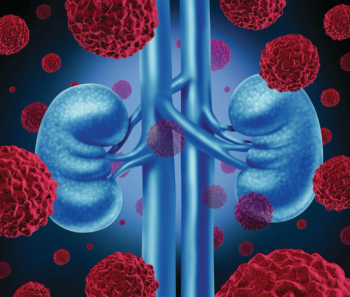
Tivozanib was the first therapy approved by the FDA for adult patients with relapsed or refractory advanced renal cell carcinoma following 2 or more prior systemic therapies.

Suzanne Soliman, PharmD, BCMAS, and Sally Arif, PharmD, BCPS, BCCP, discussed the important role of working mothers in the pharmacy field.

Data can not only provide visibility into the process, day-to-day operations, and the patient journey, but can also help specialty pharmacies meet contractual obligations and provide a closer look at performance and improvement opportunities.

This indication has received accelerated approval based on tumor response rate and durability of response, though the results of confirmatory trials may change the approval status.

The study is most comprehensive analysis to date of changes in hospital mortality throughout the pandemic, reviewing data on more than 20,000 patients admitted to hospitals for COVID-19 over 9 months, according to the Institute for Health Metrics and Evaluation at the University of Washington.

IQVIA researchers saw a sharp uptick in medication usage shortly before the COVID-19 pandemic began, followed by a steep fall in the first few months of the pandemic.